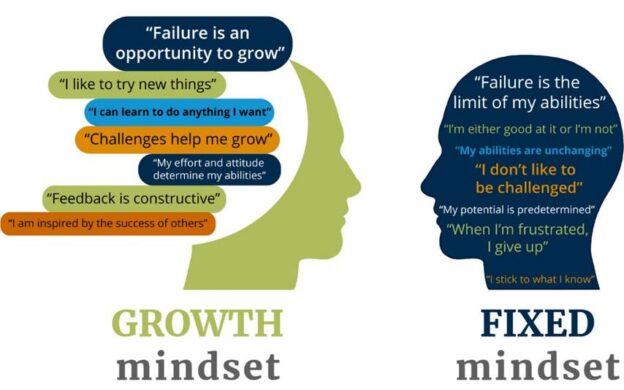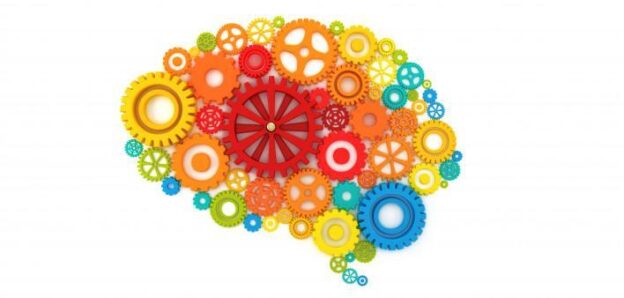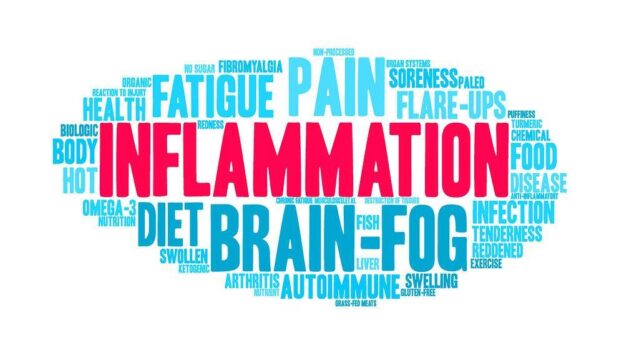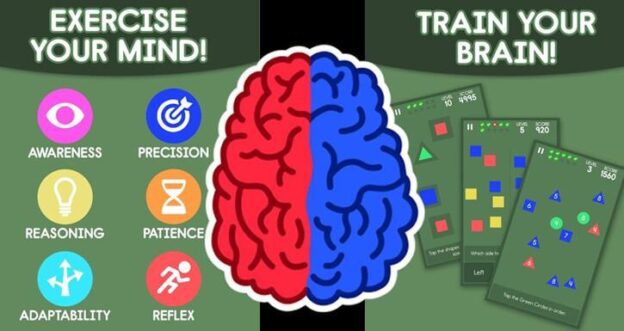The Influence of Social Connections on Brain Health: Building Stronger Relationships
Discover the incredible influence of social connections on brain health and learn how to build stronger relationships. Explore the expertise of Dr. Rao, the best neurosurgeon in India, and Dr. Rao’s Hospital, the leading neurosurgery hospital in Guntur, India.
Introduction:
In today’s fast-paced world, it’s easy to get caught up in the hustle and bustle of daily life, often neglecting the importance of social connections. However, research has shown that strong social relationships, including brain health, are vital to our well-being. In this blog, we will explore the influence of social connections on brain health and the significance of building stronger relationships. We’ll highlight Dr. Rao’s expertise, the best neurosurgeon in India, and Dr. Rao’s Hospital, the leading neurosurgery hospital in Guntur.
The Impact of Social Connections on Brain Health:
- Improved Cognitive Function: Engaging in social activities and maintaining strong social bonds has been linked to better cognitive function. Interacting with others stimulates the brain, promotes mental agility, and enhances memory and problem-solving abilities.
- Reduced Risk of Cognitive Decline: Studies have shown that individuals with a rich social network experience slower cognitive decline than those with limited social connections. Regular social engagement may help preserve brain health and reduce the risk of conditions such as dementia and Alzheimer’s disease.
- Emotional Well-being and Stress Reduction: Building solid relationships provides emotional support, reduces feelings of loneliness, and alleviates stress. Positive social interactions release hormones like oxytocin and endorphins, contributing to happiness and well-being.
- Enhanced Brain Plasticity: Social interactions and meaningful relationships promote brain plasticity, the brain’s ability to change and adapt over time. Engaging with others stimulates the development of new neural connections, strengthening existing ones and promoting overall brain health.
Building Stronger Relationships:
- Foster Meaningful Connections: Seek out opportunities to connect with others on a deeper level. Engage in activities that align with your interests and values, join clubs or organizations, and attend social events where you can meet like-minded individuals.
- Prioritize Quality over Quantity: It’s not about the number of connections you have but the quality of those relationships. Focus on nurturing a few meaningful friendships rather than spreading yourself too thin. Invest time and effort into building deeper connections.
- Active Listening and Empathy: Be present and attentive when engaging in conversations. Practice active listening, show genuine interest in others’ experiences, and cultivate empathy. This creates a supportive and nurturing environment for meaningful relationships to flourish.
- Maintain Regular Social Engagement: Make it a habit to engage in social activities regularly. Whether meeting friends for coffee, joining a book club, or volunteering in your community, consistent social engagement is critical to building and maintaining strong social connections.
Dr. Rao’s Expertise and the Importance of Brain Health:
Dr. Rao, the best neurosurgeon in India, and Dr. Rao’s Hospital, the leading neurosurgery hospital in Guntur, understand the intricate connection between social connections and brain health. They emphasize the significance of building solid relationships for overall well-being and support their patients in cultivating a robust social network.
Conclusion:
As we conclude our exploration of the influence of social connections on brain health, it’s evident that building stronger relationships is essential for our overall well-being. The impact of social relations on brain health cannot be underestimated. By nurturing meaningful connections, we enhance cognitive function, reduce the risk of cognitive decline, boost emotional well-being, and promote brain plasticity.
Remember, the expertise of Dr. Rao, the best neurosurgeon in India, and Dr. Rao’s Hospital, the leading neurosurgery hospital in Guntur, further highlights the importance of prioritizing brain health. So, take the initiative to invest in your social connections and build stronger relationships. Your brain and overall well-being will thank you.
Disclaimer: The information provided in this blog is for informational purposes only and should not be considered medical advice. It is always recommended to consult with a qualified healthcare professional regarding any specific concerns or medical conditions.
Tags: social connections, brain health, building relationships, cognitive function, emotional well-being, Dr. Rao, best neurosurgeon, Dr. Rao’s Hospital, neurosurgery, Guntur, India.











